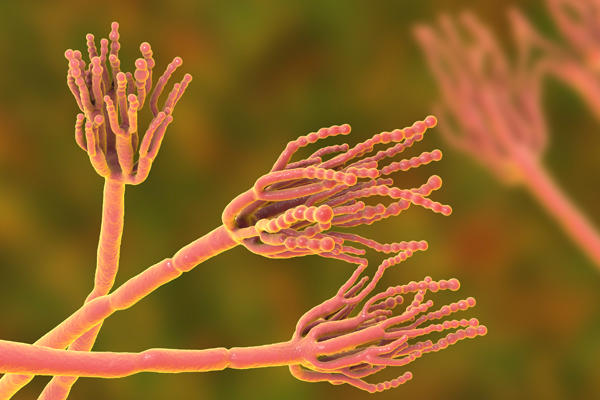Exploring the Microbial World: A Deep Dive into Microbial Sciences Courses

Microbial sciences courses serve as gateways to understanding the vast and diverse world of microorganisms, from bacteria and viruses to fungi and protists. These courses provide students with a comprehensive education in microbiology, covering topics such as microbial diversity, ecology, genetics, and pathogenesis. In this extensive exploration, we delve into the realm of microbial sciences courses, examining their curriculum, laboratory techniques, career opportunities, and the profound impact they have on fields ranging from healthcare to environmental science.
Microbial sciences courses are designed to unravel the mysteries of the microbial world, offering students a multifaceted understanding of microorganisms and their interactions with the environment and other organisms. These courses encompass a broad range of topics, including the structure and function of microbial cells, microbial metabolism and growth, microbial diversity and evolution, and the roles of microorganisms in health, disease, and ecosystem dynamics. Through a combination of lectures, laboratory exercises, and hands-on research projects, students gain a deep appreciation for the significance of microorganisms in various aspects of life on Earth.
Key Components of Microbial Sciences Curricula
Microbial Diversity and Taxonomy: Microbial sciences courses begin by exploring the incredible diversity of microorganisms found in nature, from the depths of the ocean to the soil beneath our feet. Students learn about the classification and taxonomy of microorganisms, gaining insights into the evolutionary relationships and ecological roles of bacteria, archaea, fungi, protists, and viruses.
Microbial Cell Biology and Physiology: Courses in microbial sciences delve into the structure, function, and physiology of microbial cells. Students study topics such as cell morphology, membrane structure, cellular metabolism, and mechanisms of microbial growth and reproduction. They learn how microorganisms interact with their environment and adapt to changing conditions to thrive and survive.
Microbial Genetics and Molecular Biology: Microbial sciences courses cover the principles of microbial genetics and molecular biology, exploring topics such as DNA replication, transcription, translation, and genetic regulation. Students learn about the mechanisms of genetic variation and evolution in microorganisms, as well as the role of horizontal gene transfer in microbial adaptation and diversity.
Microbial Ecology and Environmental Microbiology: Microbial sciences courses examine the interactions between microorganisms and their environments, including their roles in biogeochemical cycles, nutrient cycling, and ecosystem functioning. Students explore microbial communities in diverse habitats, such as soil, water, air, and the human microbiome, and learn about the ecological processes that shape microbial diversity and distribution.
Laboratory Techniques and Research Opportunities
Laboratory components play a crucial role in microbial sciences courses, providing students with hands-on experience in microbiological techniques and research methodologies. In laboratory sessions, students learn to isolate and culture microorganisms, perform biochemical and molecular analyses, and conduct experiments to study microbial growth, physiology, and genetics. They develop skills in aseptic technique, microscopy, microbial staining, and microbial identification, gaining practical experience that prepares them for careers in microbiology research, healthcare, biotechnology, and environmental science.
Career Prospects and Applications of Microbial Sciences
Graduates of microbial sciences courses are well-equipped for diverse career opportunities in academia, industry, government, and healthcare. They may pursue careers as microbiologists, research scientists, laboratory technicians, or healthcare professionals, working in fields such as pharmaceuticals, biotechnology, food and agriculture, environmental science, and public health. Microbial sciences also intersect with other scientific disciplines, such as immunology, biochemistry, and molecular biology, opening up additional career pathways in interdisciplinary research and development.
The Future of Microbial Sciences: Driving Innovation and Discovery
As technology advances and scientific knowledge expands, microbial sciences continue to play a central role in driving innovation and discovery. From developing new antibiotics and vaccines to exploring the potential of microbial biotechnology and synthetic biology, microbial sciences offer endless possibilities for addressing global challenges and improving human health and well-being. By equipping students with a deep understanding of microorganisms and the skills to study them, microbial sciences courses empower the next generation of scientists to make meaningful contributions to society and shape the future of scientific research and innovation.

🔐 Email; TRANSFER 1,838690 bitcoin. Next >>> https://yandex.com/poll/enter/TNcY7JqvFXjm5m5YZrG7sv?hs=3eb8213818c05085316086901f52bd07& 🔐
dsxeso